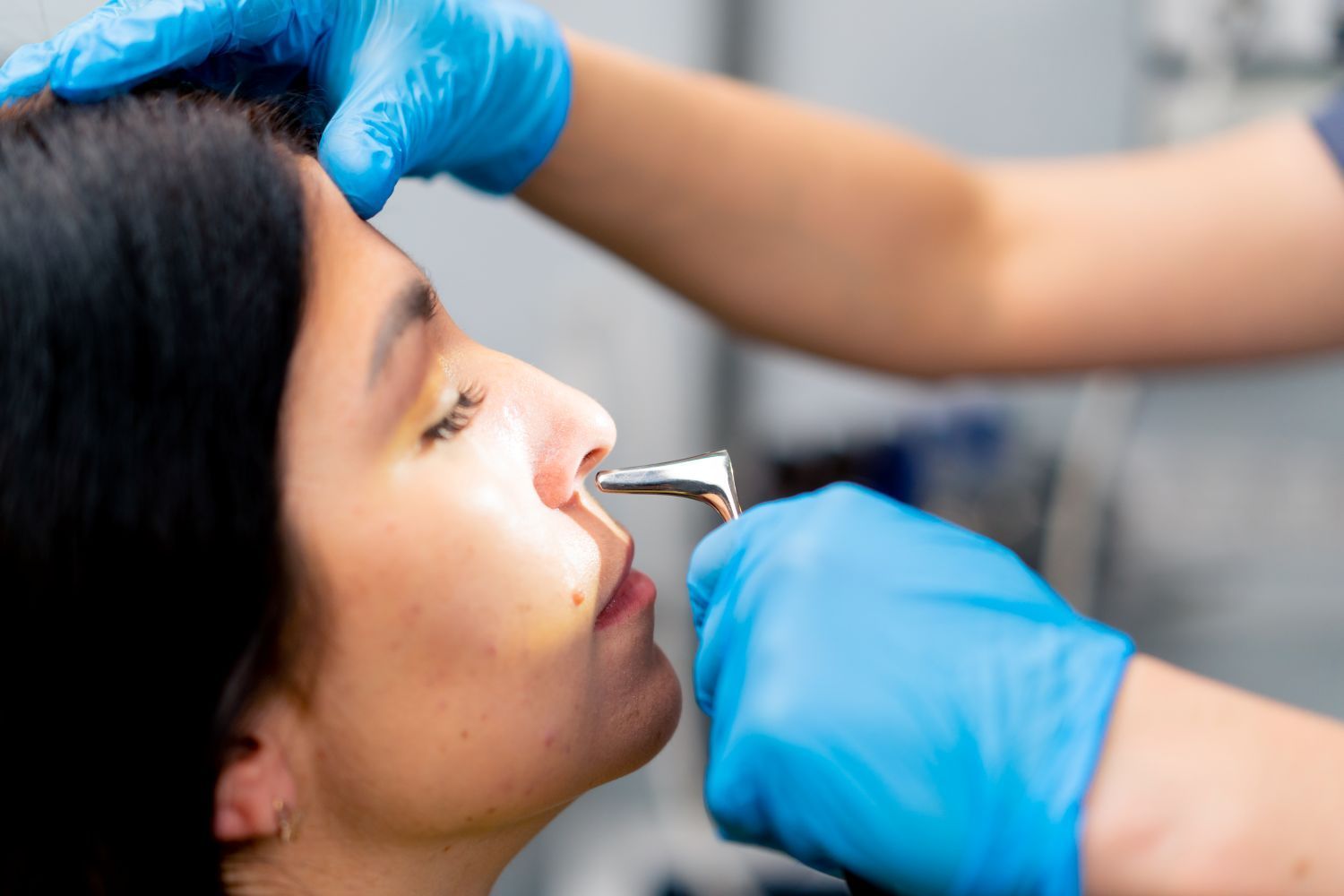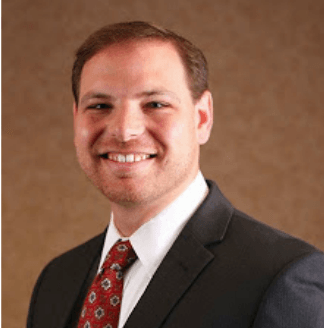How Will My Surgeon Fix My Chronic Infected Sinuses?
Wondering how surgeons tackle chronic infected sinuses? From endoscopic sinus surgery to balloon sinuplasty, they have a range of techniques to alleviate symptoms and improve sinus health. Curious about the process? Let's delve into how these skilled professionals work their magic to bring relief and better breathing!
Understanding Chronic Sinus Infections?
Chronic sinus infections, also known as chronic rhinosinusitis, occur when the cavities around the nasal passages become inflamed and swollen for a prolonged period. Symptoms include nasal congestion, facial pain or pressure, headaches, reduced sense of smell, and post-nasal drip. These infections can lead to fatigue, difficulty concentrating, and a decrease in productivity. Understanding the underlying causes of chronic sinus infections is crucial in effectively managing the condition.
How Surgeons Fix Chronic Infected Sinuses
When addressing chronic infected sinuses, surgeons may employ various techniques to alleviate symptoms and improve sinus health. Here are some key points to consider regarding how surgeons fix chronic infected sinuses:
Diagnosis
Before recommending surgery, the surgeon will conduct a thorough evaluation of your sinus condition. In diagnosing chronic sinus infections, surgeons may recommend diagnostic tests and imaging studies to confirm the presence of the condition. Tests such as nasal endoscopy, allergy testing, and CT scans can help identify underlying causes like nasal polyps, structural abnormalities, or sinus blockages. These diagnostic tools provide valuable insights into the extent of inflammation and infection, guiding healthcare professionals in developing personalized treatment plans for patients struggling with chronic sinus issues.
Medical Management
Initially, doctors may try with conservative treatments to alleviate symptoms and address the underlying causes. These initial approaches may include the use of antibiotics to target bacterial infections, nasal corticosteroids to reduce inflammation, saline nasal irrigation to clear nasal passages, and allergy management to control allergic triggers. If these conservative measures do not effectively resolve chronic sinus infections or if there are structural issues contributing to the condition, surgery may be recommended as a potential treatment option to address the root causes and improve sinus health.
Surgical Options
When conservative treatments have been ineffective in managing symptoms and addressing the underlying causes, surgeons may recommend surgical options. Additionally, surgical intervention may be considered in the following situations:
- Persistent Symptoms: If chronic sinus infections persist despite appropriate medical management, surgery may be recommended to alleviate symptoms and improve quality of life.
- Structural Abnormalities: Structural issues like nasal polyps, deviated septum, or sinus blockages that contribute to chronic infections may require surgical correction to restore normal sinus function.
- Recurrent Infections: Individuals experiencing recurrent sinus infections that significantly impact daily life may benefit from surgical procedures to reduce the frequency and severity of infections.
- Complications: In cases where chronic sinus infections lead to complications such as sinus abscesses, vision problems, or spread of infection to nearby structures, surgery may be necessary to prevent further health issues.
What are the Different Surgical Options for Chronic Sinus Infections?
Here are some common surgical procedures that a surgeon may consider to help fix chronic infected sinuses:
- Endoscopic Sinus Surgery: This minimally invasive procedure is often the preferred method for treating chronic sinusitis. The surgeon uses an endoscope, a thin tube with a camera on the end, to visualize the sinuses and remove blockages, polyps, or damaged tissue that may be causing the infection.
- Balloon Sinuplasty: In this procedure, a small balloon is inserted into the sinus cavity and inflated to widen the blocked passageways. This helps to improve drainage and ventilation in the sinuses, reducing the risk of infection.
- Septoplasty: If a deviated septum is contributing to chronic sinus infections, a surgeon may recommend septoplasty to straighten the nasal septum. This can help improve airflow and drainage in the sinuses, reducing the likelihood of infections.
- Turbinate Reduction: Enlarged turbinates can obstruct the nasal passages and contribute to chronic sinus issues. Turbinate reduction surgery aims to reduce the size of the turbinates, improving airflow and reducing congestion.
- Ethmoidectomy: In cases where the ethmoid sinuses are affected by chronic infections or inflammation, an ethmoidectomy may be performed to remove diseased tissue and improve drainage in the sinuses.
- Frontal Sinus Surgery: If chronic infections are specifically affecting the frontal sinuses, a surgeon may recommend surgery to address blockages and promote better drainage.
- Sphenoid Sinus Surgery: Surgery on the sphenoid sinuses may be necessary in cases where chronic infections or structural issues are causing symptoms.
The Importance of Following Post-Operative Care Instructions After Surgery
Following post-operative care instructions after sinus surgery is important to ensure optimal healing and successful outcomes. These instructions play a crucial role in promoting healing by reducing inflammation, preventing infections, and aiding in tissue recovery. Moreover, adhering to post-operative guidelines minimizes the risk of complications such as infections or excessive bleeding and optimizes the results of sinus surgery, leading to improved sinus function and symptom relief.
Proper post-operative care helps prevent the recurrence of chronic sinus infections, supports long-term sinus health, and facilitates a faster recovery process, enabling individuals to resume their daily activities sooner with reduced discomfort and complications. Additionally, post-operative care allows healthcare providers to educate patients on self-care practices, medication management, warning signs of complications, and the importance of seeking medical attention when necessary, empowering individuals to actively participate in their recovery journey.
If you're dealing with chronic sinusitis and need expert advice, schedule an appointment with fellowship-trained rhinologist, Dr. Thomas Higgins, MD, MSPH, MBA. With locations in Louisville, KY, and Jeffersonville, IN, Dr. Higgins specializes in treating sinus conditions and can help you find the best treatment plan tailored to your needs. Don't let chronic sinus infections control your life; get professional help today by visiting our appointment page.















